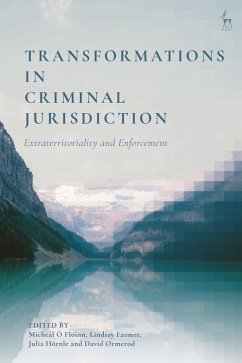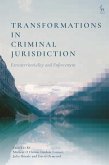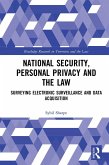Can traditional approaches to criminal jurisdiction adapt to the new global reality of the digital era? In this innovative book, leading experts in criminal, international and internet law unite to address this fundamental question. They consider how jurisdictional regimes are orientated around concepts of territoriality and extraterritoriality, how these categories are increasingly blurred in the digital era, and how a range of jurisdictional transformations are occurring in the process.
Part I presents novel doctrinal, empirical and theoretical perspectives on criminal jurisdiction, exploring how states are shaping and reimagining jurisdictional concepts in the crafting and interpretation of criminal offences, and the ramifications of increasing jurisdictional concurrency in state practice.
Part II focuses on the investigative and enforcement powers of the state to assess how these issues are transforming traditional understandings of jurisdictional rules and boundaries, the challenges and opportunities that these present for law enforcement authorities, and the sorts of constraints and safeguards that may be necessary as a result. The picture that emerges is a world of jurisdictional rules in a state of flux, which demands the diversity of legal perspectives presented in this book for documenting, rationalising and moving beyond the transformations that are taking shape in modern statecraft.
Part I presents novel doctrinal, empirical and theoretical perspectives on criminal jurisdiction, exploring how states are shaping and reimagining jurisdictional concepts in the crafting and interpretation of criminal offences, and the ramifications of increasing jurisdictional concurrency in state practice.
Part II focuses on the investigative and enforcement powers of the state to assess how these issues are transforming traditional understandings of jurisdictional rules and boundaries, the challenges and opportunities that these present for law enforcement authorities, and the sorts of constraints and safeguards that may be necessary as a result. The picture that emerges is a world of jurisdictional rules in a state of flux, which demands the diversity of legal perspectives presented in this book for documenting, rationalising and moving beyond the transformations that are taking shape in modern statecraft.









